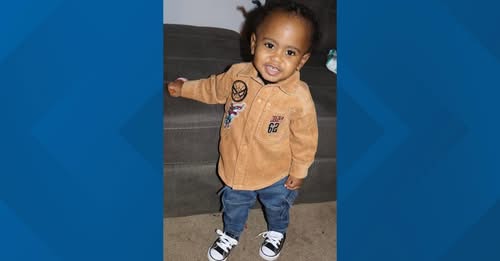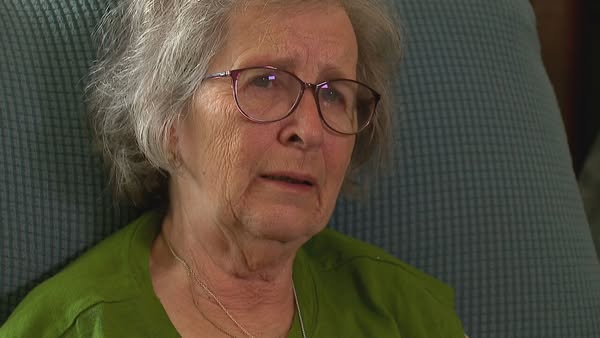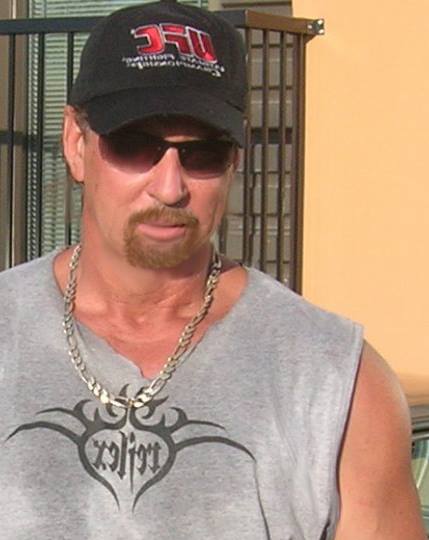U.S. Ambassador to Israel Mike Huckabee Calls for Accountability in Death of Palestinian-American Saif Musallet
JERUSALEM — In a statement that has sent ripples through diplomatic circles and human rights communities alike, U.S. Ambassador to Israel Mike Huckabee has publicly called for a full and aggressive investigation into the killing of Saif Musallet, a 20-year-old Palestinian-American who was reportedly beaten to death while visiting family in the Israeli-occupied West Bank.
Ambassador Huckabee, known for his outspoken stance on human rights and regional stability, took to social media Tuesday, expressing his deep sorrow over the tragic death and calling it both a “criminal and terrorist act.” He confirmed that he had “asked Israel to aggressively investigate the murder,” signaling the seriousness with which the U.S. is treating the case.
“Saif was just 20 yrs old,” Huckabee wrote in his post. “There must be accountability for this criminal and terrorist act.”
Who Was Saif Musallet?
Saif Musallet, a dual U.S.-Palestinian citizen, was a college student who had recently traveled to the West Bank during his summer break to visit relatives in his family’s ancestral hometown. Friends and family describe Saif as a bright, compassionate young man with aspirations to study law and return to the region one day as a peacemaker.
According to family accounts, Saif had been in the West Bank for less than two weeks when the incident occurred. Details surrounding the attack remain murky, but initial reports from local sources suggest that Musallet was beaten severely by unidentified assailants near the outskirts of the village of Beitin, not far from Ramallah. He was transported to a local hospital in critical condition, where he later succumbed to his injuries.
The incident has sparked anger and grief among both Palestinian communities and American observers. Advocacy groups are calling for clarity, justice, and protection for dual nationals traveling to volatile areas.
U.S. Reaction and Diplomatic Pressure
Ambassador Huckabee’s statement marks a rare public rebuke in the often-sensitive realm of U.S.-Israel relations, particularly when dealing with the complex landscape of the West Bank. His swift call for an “aggressive investigation” demonstrates a growing concern within the U.S. government about the safety of its citizens abroad, especially in regions marked by political tension and violence.
Behind closed doors, State Department officials are reportedly engaged in high-level communications with Israeli authorities, seeking concrete answers. “When an American citizen is killed overseas, especially under such tragic and suspicious circumstances, the United States government has an obligation to seek justice,” said one senior official who asked to remain anonymous.
In addition to the ambassador’s statement, a spokesperson for the U.S. Embassy in Jerusalem emphasized the need for transparency and a credible investigation. “The death of Saif Musallet is a tragedy. We are in contact with the family and are providing all appropriate consular assistance. We expect Israeli authorities to thoroughly investigate and hold those responsible accountable,” the statement read.
Reactions From the Region
Reactions in the West Bank have been emotionally charged. In Beitin, hundreds gathered for Saif’s funeral, with mourners carrying signs bearing his photo and calling for justice. The community, shaken by the violent nature of his death, is demanding that international authorities ensure the case does not go unaddressed.
Human rights organizations, including Amnesty International and Human Rights Watch, have also voiced their concern. “This incident must be investigated impartially and independently,” said a regional director for HRW. “Too often, attacks on Palestinians — including dual nationals — go without meaningful accountability.”
Meanwhile, Israeli authorities have pledged to look into the matter, but details about suspects, motives, or progress in the investigation remain sparse. A spokesperson for the Israeli Police said they were “examining all leads,” and emphasized that “violence of any kind will not be tolerated, regardless of the victim’s nationality.”
Broader Implications
The killing of Saif Musallet comes amid heightened tensions in the West Bank, where violence between Israeli settlers and Palestinians has seen a marked increase in recent months. Human rights groups have repeatedly warned of the rising threats faced by Palestinians in rural and unprotected areas, particularly in and around settlements and military zones.
Observers note that the U.S. response in this case could set a precedent. With growing numbers of Palestinian-Americans traveling to the region, especially under the newly expanded U.S.-Israel visa waiver program, the safety and legal rights of American citizens in the West Bank is becoming a central concern.
For now, the Musallet family waits for answers. “We are devastated,” said Saif’s father in a statement released from their home in New Jersey. “Our son went to reconnect with his roots, with his heritage, and now he’s gone. We want justice — not just for Saif, but so this never happens to another family again.”
As the investigation unfolds, Ambassador Huckabee’s pointed remarks may serve as a pivotal moment in the long-standing and delicate U.S.-Israel relationship — reminding both governments that in matters of justice and loss, nationality should never be a barrier to truth.








